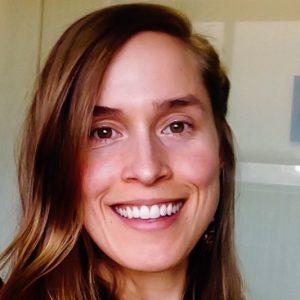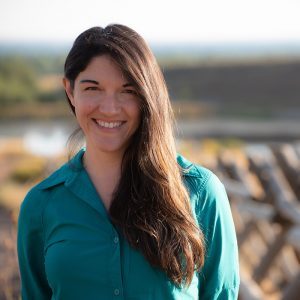
Sara Bombaci
Dr. Bombaci is an Assistant Professor for the Fish, Wildlife, and Conservation Biology program at Colorado State University. Sara’s teaching contributes to environmental justice efforts through her classes ‘Mapping Diverse Perspectives in Conservation’ and ‘Diversity and Inclusion in the Natural Resources’. Her research also specializes in the consequences of inequitable urban environments for ecological patterns and processes. Extending her engagement, Dr. Bombaci also holds a role as faculty member of the Center for Human-Carnivore Coexistence (CHCC).
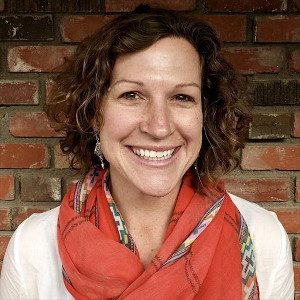
Maggie Clark
Maggie Clark is an environmental epidemiologist on faculty as an Associate Professor at Colorado State University and the Colorado School of Public Health. Her research examines the chronic health effects of indoor and occupational exposures to air pollution; a focus has been identifying factors conferring increased susceptibility as well as evaluating vulnerable populations. Maggie teaches Environmental and Occupational Epidemiology, Interpreting Epidemiologic Evidence, and has co-led a seminar on Racism and the Environment. She has co-led efforts to establish a cookstove research program on cardiometabolic effects among Central American populations. She is also involved in a collaborative effort to evaluate the potential effect modification of dietary factors on the relationship between secondhand smoke exposures and cardiovascular disease endpoints among Singaporean Chinese and American Indian populations.
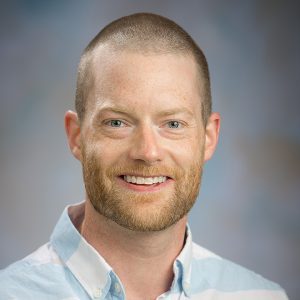
Pat Keys
As an Assistant Professor in the Department of Atmospheric Science, Dr. Keys does work on climate justice, creative futures, safe and just sustainable development, and Anthropocene risk. He teaches Sea Level Rise and a Sustainable Future (GES 440), Climate Change Scenarios in Practice, and guest lectures across CSU on creative futures approaches.
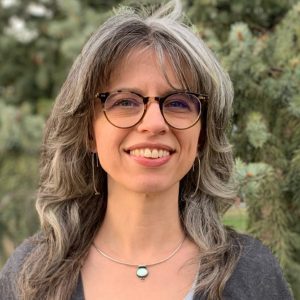
Josie Plaut
Josie Plaut holds the title of Associate Director of the Institute of the Built Environment (IBE) at Colorado State University. Through this role, Josie helps to guide companies, municipalities, and organizations towards sustainable development and sustainability action plans. Central to her work, Josie engages in equitable community activities focused on climate change, energy, just transitions, transportation, and health equity.
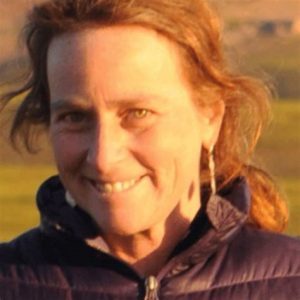
Julia Klein
Julia Klein was the lead PI of the Mountain Sentinels Collaborative Network, which is funded by the Coupled Natural-Human Systems Dynamics program of NSF and is entitled “Bridging Communities and Scales Through a Global Transdisciplinary Mountain Sustainability Network”. Major goals of the project included:
- Expanding an international network of linked mountain biophysical & social science researchers and diverse stakeholders.
- Exploring & evaluating transdisciplinary modeling frameworks for mountains globally.
- Promoting international, transdisciplinary approaches linking science with policy & practice.
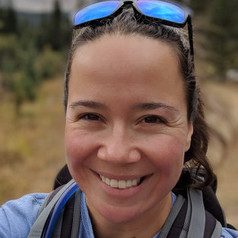
Lindsey Schneider
As an Assistant Professor in the Ethnic Studies department, Dr. Schneider’s teaching deeply engages in environmental justice through her Global Environmental Justice Movements course. Her research specializes in settler colonialism, Indigenous sovereignty and environmental issues, climate adaptation, and youth engagement. Additionally, Lindsey runs the Indigenous Science, Technology, Arts and Resilience (ISTAR) Camp program for K-12 Native youth in partnership with the Fort Collins Museum of Discovery and the local Native community.
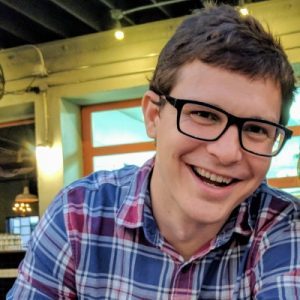
Matt Ross
Dr. Matt Ross is an ecosystem scientist with a focus on water quality. He uses a range of approaches from remote sensing to intensive field sampling to explore how people control and change the environment and how altered landscapes impact the streams and rivers that drain them.
As Director of the Geospatial Centroid, Matt is committed to open‐source technology and data democratization. He is an
active R developer and has produced numerous R Shiny applications for visualization of spatial data. He has published works in water quality, the environmental impacts of mountain top mining, and the use and application of participatory data collection efforts.
Matt teaches Land Use and Water Quality, and Data Issues in Hydrology. Learn more about his research at matthewrvross.com.
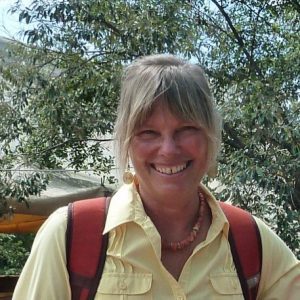
Melinda Laituri
Dr. Laituri’s research interests are diverse. She has worked with indigenous peoples throughout the world on issues related to natural resource management, disaster adaptation, and water resource issues using geographic information systems (GIS) that utilize cultural and eco-physical data in research models. A key focus is participatory GIS where indigenous peoples develop spatial information and maps essential for their management of their own resources. Other research work focuses on the role of the Internet and geospatial technologies of disaster management and cross-cultural environmental histories of river basin management.
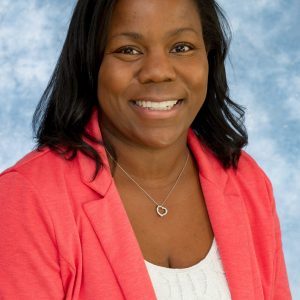
Melissa Burt
Dr. Melissa Burt is an Assistant Professor and Assistant Dean for Diversity and Inclusion in the Department of Atmospheric Science and Walter Scott, Jr. College of Engineering at Colorado State University. She joined the Steering Committee for CEJ in 2022.Melissa's research spans the intersection of atmospheric science and social justice issues. Dr. Burt also focuses on recruitment, retention, and engagement of students, staff, and faculty and is committed to fostering an inclusive College environment. She is the Vice President for the non-profit 501(c)3 organization, the Earth Science Women’s Network. Burt is a co-founder of Science Moms, a non-partisan group of climate scientists and mothers working to give our children the planet they deserve. Dr. Burt has a B.S. degree in Meteorology from Millersville University and a M.S. and Ph.D. in Atmospheric Science from Colorado State University.
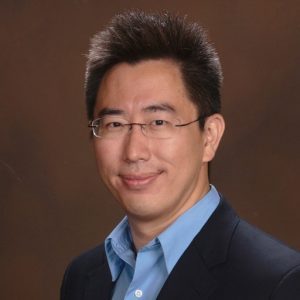
KuoRay Mao
Dr. KuoRay Mao is Associate Professor of Sociology at Colorado State University. As a green criminologist specializing in environmental governance and natural resource management, he studies the complicated relationship between economic development, environmental degradation, and the regulatory regime of the global capitalist system. He has examined the institutional factors that have perpetuated environmental harm throughout China’s most vulnerable populations, as well as the state and public responses to green victimization in China and East Asia. His most recent research examines how resource governance in a state corporatist model interacts with community apathy toward environmental hazards and pollution. Dr. Mao will be on sabbatical leave in Fall 2021 and Spring 2022.
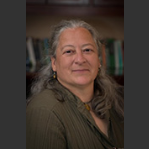
Doreen Martinez
Dr. Doreen E. Martinez is Mescalero, Apache (paternally) and Pennsylvania Dutch (maternally.) She is a transnational Indigenous epistemologist with a Sociology PhD. Her scholarly expertise is in Indigenous knowledge systems, research methodologies, visual culture, and, sociopolitical land and environment issues. Her work focuses on how diverse knowledges, life’s theoretical grounding, are engaged and practiced every day. Her projects address and include mis/understandings of identity, collective philosophies, contemporary and historical belief practices, and nation-state influences. She is committed to ethically engage and pass along this knowledge and understandings. Thus, she is an avid advocate of alliance building and promoting justice.
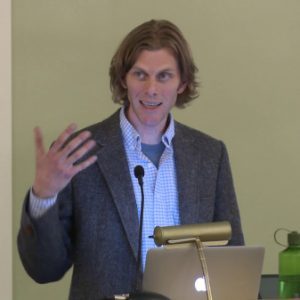
David McIvor
As Associate Professor & Graduate Coordinator of the Political Science department, David McIvor currently teaches POLS 729: Environmental Political Theories, and POLS 421: Contemporary Political Theories. His research focuses on the relationship between ecology and democracy. David also serves on the advisory board for the Center for Public Deliberation at CSU, which does wonderful work creating conversations among stakeholders, public officials, and the public at large about wicked problems facing our community.
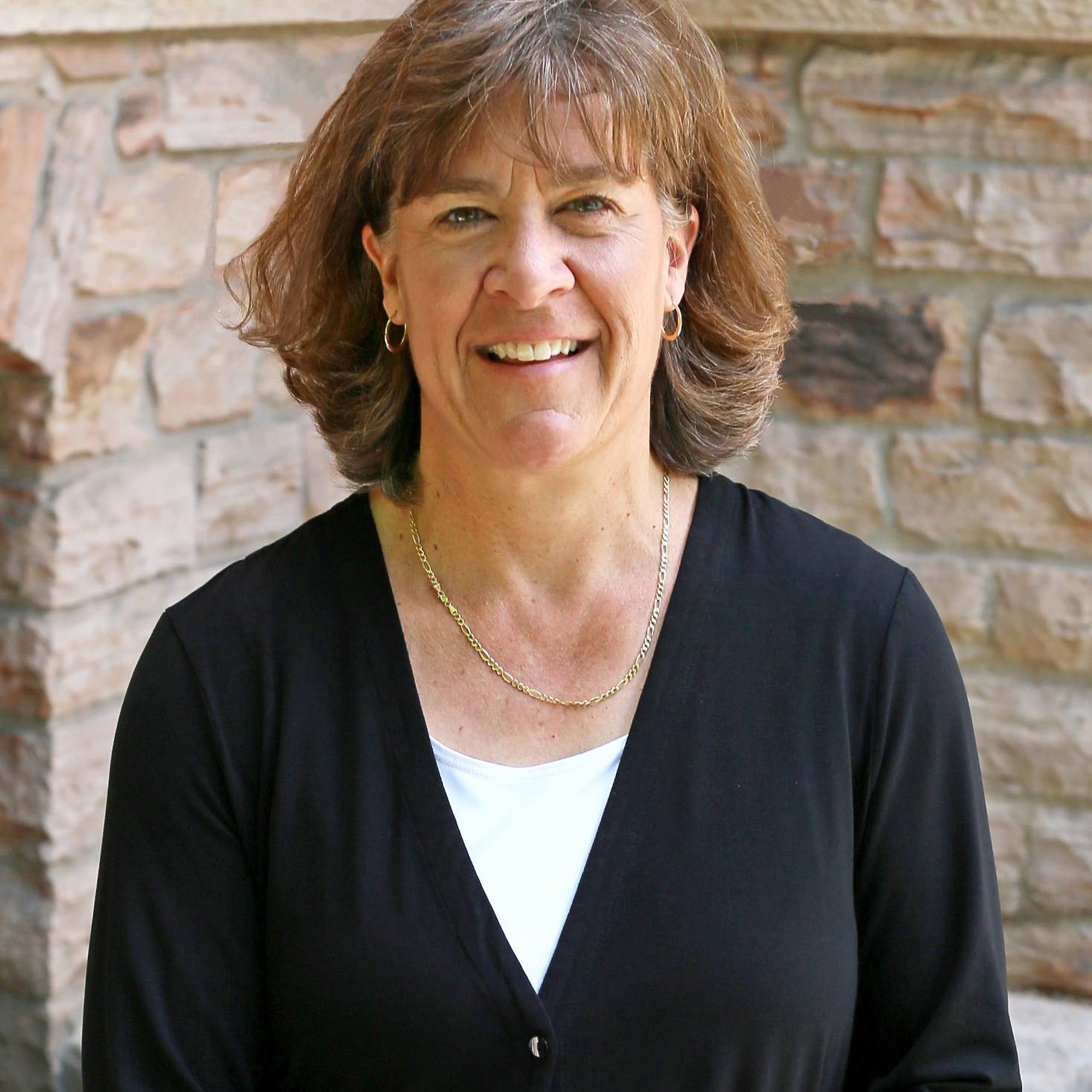
Tracy Nelson
As Director of the School of Public Health at CSU and Professor of Health and Exercise Science and Epidemiology, Tracy Nelson is interested in incorporating principles of environmental justice into our public health curriculum, and developing new courses. She is currently looking to foster collaborations and opportunities for faculty across the School of Public Health within the field of environmental justice. Tracy sits on the Advisory Committee for a partnership between the CSU School of Public Health, Department of Environmental and Radiological Health Sciences, and the Larimer County Department of Health and Environment, where she cultivates opportunities for students and faculty with the county. She is also passionate about community engagement and serves as an Emeritus member of the CSU Provosts Council for Engagement where numerous opportunities exist to expand collaborations with the community.
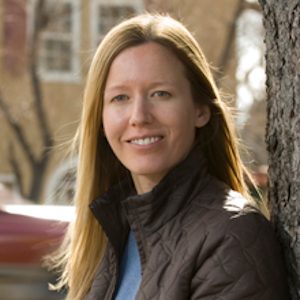
Jennifer Peel
Jennifer L. Peel, PhD, MPH is a Professor and Section Head of Epidemiology in the Department of Environmental and Radiological Health Sciences at Colorado State University. Dr. Peel also holds an appointment in the Colorado School of Public Health. Dr. Peel is an environmental epidemiologist with over 17 years of experience evaluating the health effects of air pollution, both ambient air pollution in the U.S. and household air pollution from indoor cookstoves in lower and middle income countries. Her active collaborative research include projects examining the short-term exposures and health impacts experienced during commuting in Fort Collins; impacts of a clean fuel intervention on exposure and health in four countries; cardiovascular and metabolic-related endpoints in relation to exposure to biomass emissions in Honduras; the acute effects of controlled exposure study cookstove emissions. Dr. Peel has worked with the Environmental Protection Agency regarding the criteria ambient air pollutants, is a member of the Health Effects Institute Review Committee, is a reviewer for multiple agencies including the National Institutes of Health, and is an Associate Editor for Environmental Health Perspectives.
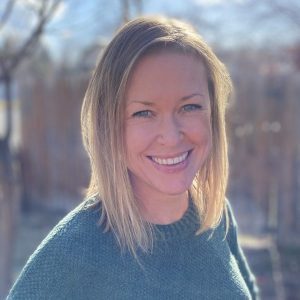
Aleta Weller
Aleta Rudeen Weller is the Senior Research and Engagement Officer at Colorado State University’s School of Global Environmental Sustainability. Aleta runs the School’s collaborative research programs for CSU faculty, creates opportunities for networking and dialogue across the University’s disciplinary and organizational boundaries, and helps form innovative, strategic partnerships to advance sustainability scholarship. Aleta oversees the School’s annual training of early career sustainability science leadership fellows and sits on the advisory committee of ANGLES, a network of higher education institutions across the U.S. and Canada doing similar leadership training. She is president of the board of directors of the Sustainable Living Association in Fort Collins.
Aleta has an interdisciplinary background in communication, facilitation, conflict management and collaboration in natural resources. She has worked on a variety of projects that link science and management and has a research and applied background in collaborative process. Aleta has a Master of Science degree from Colorado State University in Rangeland Ecosystem Science and a Bachelor of Arts degree in International Affairs from Northern Arizona University.
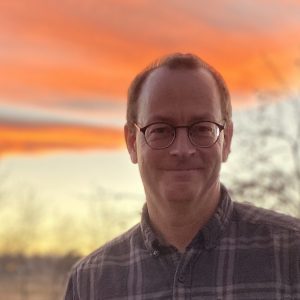
Kenneth Shockley
Kenneth Shockley holds the Holmes Rolston III Chair in Environmental Ethics and Philosophy. A Professor in the Department of Philosophy, Dr. Shockley’s teaching revolves around environmental ethics, value theory, political philosophy, and the philosophical foundations of ecology. His research focuses on the intersection of environmental protection, sustainable development, and climate change. Questions of justice and how that justice might be manifested in and between different communities permeate his research and teaching. Additionally, Dr. Shockley directs the Mountain Campus summer program in the environmental humanities.
Kate Wilkins is a PhD, Postdoctoral Fellow in Biology. She is a conservation scientist and community ecologist who uses ecology and science communication to address major environmental challenges. As a postdoc, Kate manages various projects that assess how drought affects grasslands in the US and globally. Kate’s research also explores how to improve diversity, equity, and inclusion in the sciences and academia.
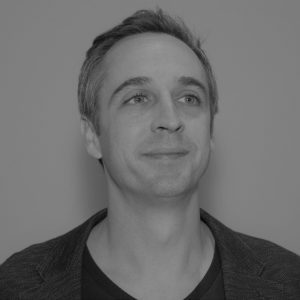
Joshua Sbicca
Joshua Sbicca is an Associate Professor in the Sociology department where he teaches courses on food justice, food systems, social problems, and social movements. His research focuses on food and social movements at the intersections of carcerality, gentrification, and racial capitalism. He is the Director of the Prison Agriculture Lab, a research and engagement collaborative focused on agricultural practices in the criminal punishment system.
